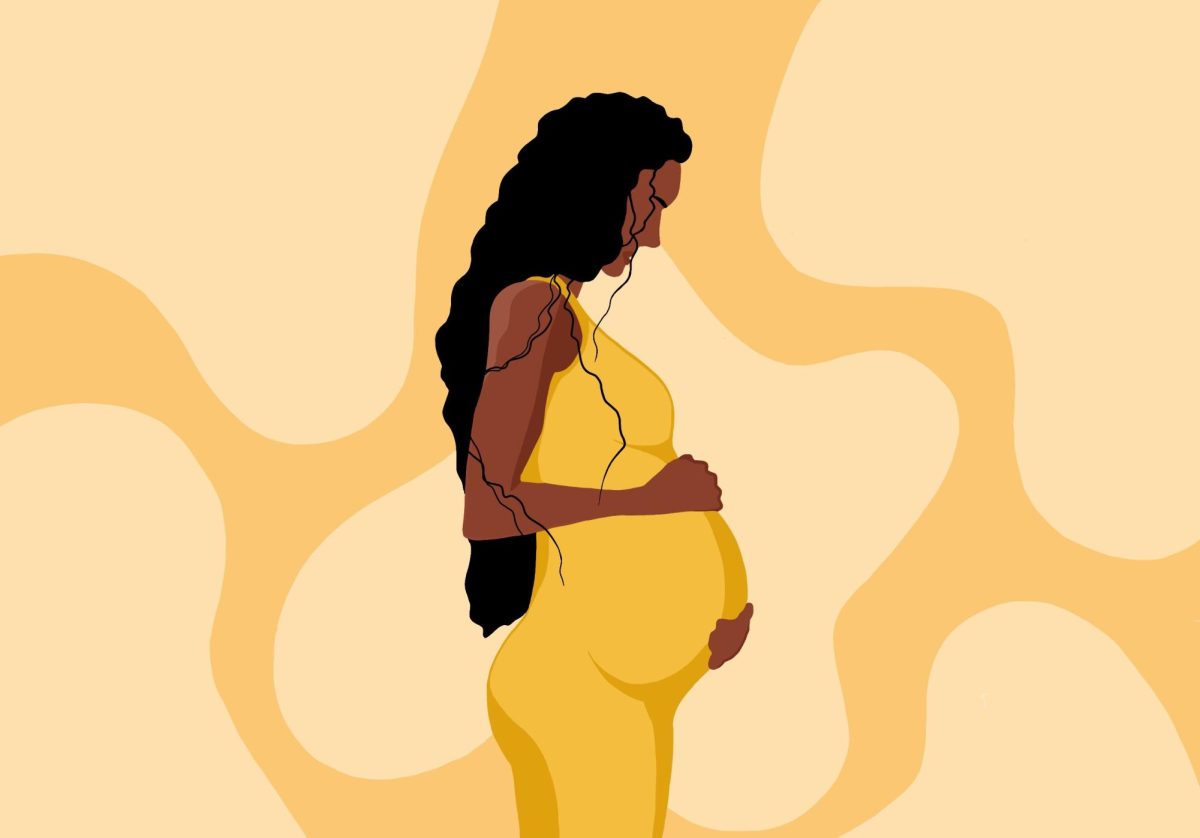In the fall of 2019, Noro Andriamanalina said she started conversations at the University of Minnesota’s Graduate School to identify the gaps in support services for first-generation students in graduate programs and facilitate community building.
More than two years later, Andriamanalina’s efforts as the director of academic and professional development at the Graduate School have propelled the launch of an initiative called First-Gen Connect. The initiative aims to develop programming for first-generation students in graduate programs based on feedback from focus groups and combined efforts of Graduate School staff and faculty.
First-generation students in graduate programs are students who have parents who did not earn a four-year degree and attend a graduate program.
As part of the initiative, “First-Gen Listserv” launched in February to share information in an email list about resources and opportunities for first-generation students, as well as gather new insights and build community. Currently, more than 700 students subscribe to the Listserv.
Because there is no complete list of first-generation students, students can fill out a form to add themselves to the Listserv, said Rhiannon Williams, the program facilitator at the Graduate School.
Although there are programs at the Graduate School, like the Community of Scholars Program, which provides support for Indigenous students and domestic students of color in academia, First-Gen Connect strives to serve all first-generation students in graduate programs.
“We need to have a way to support all first-generation college students who are in graduate programs and build that community and build resources specifically for those students,” Andriamanalina said.
Research on first-generation college students in graduate programs
Dr. Rashné Jehangir, an associate professor in the College of Education and Human Development, partnered with the First-Gen Connect team to conduct focus groups. Her research background includes studying the retention and graduation of low-income and first-generation students.
“Students who are first gen are more likely to be low-income. Students who are first gen are often [Black, Indigenous and people of color] or immigrants or refugees, [but] not always,” Jehangir said. “But there’s this intersectional experience. In some ways those multiple identities bring with them certain strengths, but they also kind of feed into other systemic barriers that the institution has at various levels.”
First-Gen Connect’s research started last March. Jehangir worked alongside Graduate School staff to conduct three focus groups with first-generation students from various backgrounds and disciplines.
“The focus of the study was to think about and understand how students navigated their journey to and through graduate school and also how they were making meaning of their first-gen identity in that space,” Jehangir said. “And what recommendations they had for administrators [and] faculty that could make the path more smooth.”
One of her findings shows that academia presents barriers for first-generation students whose families and communities did not have the social or economic capital to gain access compared to other students, she added.
“A lot of students talked about how they negotiated not knowing things [and] how they engage in self-reliance and hustle and resourcefulness to [try] to fill these gaps that they really weren’t told about,” Jehangir said. “I think that’s one of the big strengths of students who have already negotiated complex systems before they get to the academy.”
On April 1, the University’s First-Generation Institute conference will highlight more research on first-generation students, including facilitating a space to explore practices and empower participants.
Experiences from focus group participants
One of the focus group participants, Nathan Stenberg, is a fourth-year Ph.D. candidate at the University’s Department of Theatre Arts & Dance. Stenberg is from Howard Lake, Minnesota, a small town with fewer than 2,000 people.
In the focus group, he said that he wanted to contribute his past experiences living in a rural area and growing up with a disability in a single-parent family from a low-income background.
“Especially as a white, straight guy, I need to check those things first and acknowledge that’s predominantly what people will see and think of me,” Stenberg said. “But there’s also all of these other layers to these conversations and experiences. … For that to come out, I have to listen, and I have to be vulnerable.”
He added that it was also important for him to be persistent in the focus group.
“I have learned that I do need to be persistent about that because disability impacts every single group and impacts so many things in our society,” Stenberg said.
Another focus group participant, Max Fraser, is a fourth-year Ph.D. candidate in the Department of Agronomy and Plant Genetics. He was born and raised in a working-class family in Owatonna, Minnesota.
Fraser said he is the first doctoral student in his family. But sometimes at family gatherings, family members still question why he is continuing to go to school.
“Those [questions] always cut deep, but I’ve also had a lot of support from my immediate family as well as some of my uncles [and aunts], who were farmers,” Fraser said. “They might not know the academic process, but they understand the professional side of it. And so I really gravitated towards those relationships.”
Fraser said for the past eight years, he has been lucky to have a positive relationship with his adviser, who is supportive and has provided guidance since his undergraduate years.
He said not all first-generation college students in graduate programs experience that, despite the responsibility placed on advisers and students’ shoulders to advance in graduate programs.


















